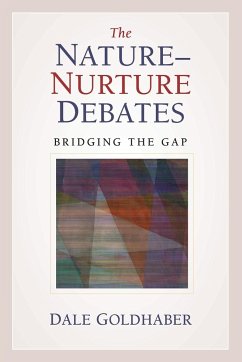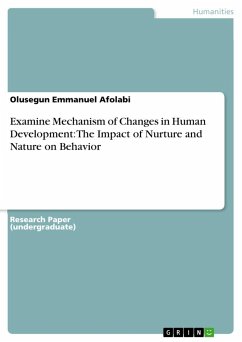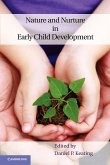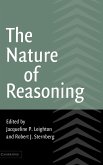How is it possible that in more than one hundred years, the nature-nurture debate has not come to a satisfactory resolution? The problem, Dale Goldhaber argues, lies not with the proposed answers, but with the question itself. In The Nature-Nurture Debate, Goldhaber reviews the four major perspectives on the issue - behavior genetics, environment, evolutionary psychology and developmental systems theory - and shows that the classic, reductionist strategies (behavior genetics and environmental approaches) are incapable of resolving the issue because they each offer a false perspective on the process of human development. It is only through a synthesis of the two holistic perspectives of evolutionary psychology and developmental systems theory that we will be able to understand the nature of human behavior.








